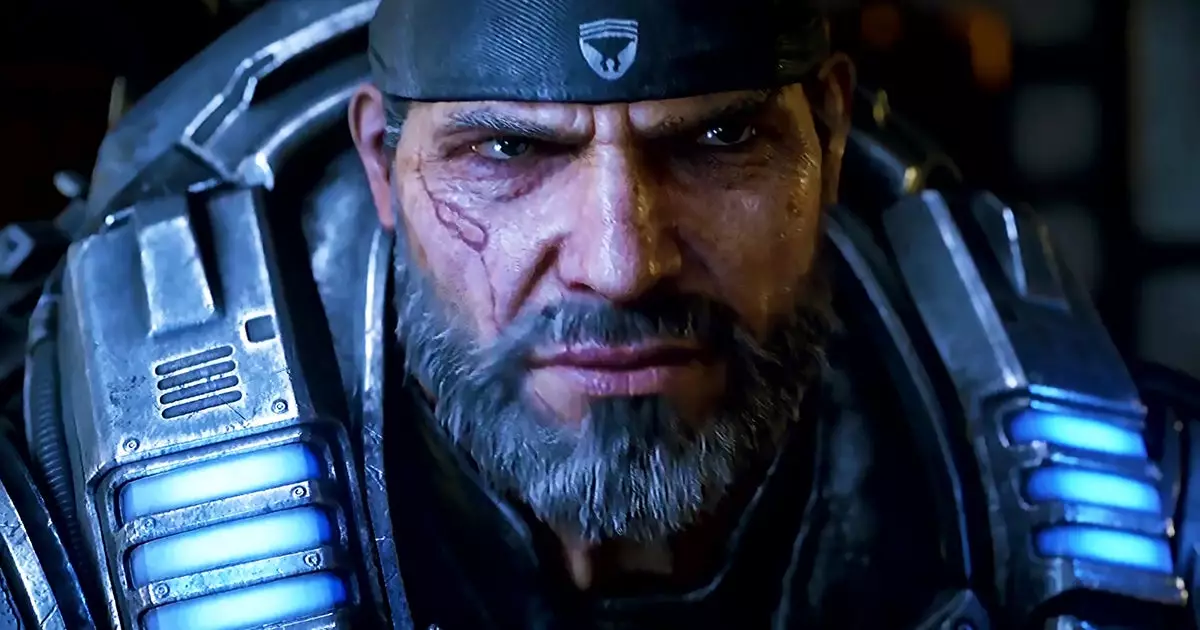The gaming landscape is rife with sequels and prequels, each often sparking debates among fans regarding preferred narrative directions. The Gears of War franchise is currently experiencing this dynamic, with the anticipated release of “Gears Of War: E-Day” serving as a prequel. Consequently, the future of sequels, specifically the long-awaited “Gears of War 6,” remains uncertain. Former franchise director Rod Fergusson, now at the helm of Diablo 4, has shed light on what direction Gears 6 could have taken, revealing an unexpected cosmic journey.
Fergusson’s original vision for Gears 6 pivoted around moving away from the familiar war-torn planet of Sera. According to his insights, “Gears 6 was to leave Sera,” marking a significant shift in the series’ narrative scope. This intended exploration could potentially broaden the story, allowing players to engage with new environments and themes. By unveiling the potential for interplanetary travel through the adoption of the UIR’s rocket technology, Fergusson sought to craft something fresh, offering a glimpse into a broader galaxy rather than remaining shackled to the events that have defined Sera.
Yet, this ambitious concept raises critical questions about the core identity of Gears of War. Straying into the cosmos could dilute the signature elements that fans cherish. Although the introduction of new settings can rejuvenate a franchise, it runs the risk of alienating an audience deeply invested in Sera’s intricate lore and characters.
While Fergusson’s space exploration idea sounds intriguing, many would argue that the characters themselves also warrant substantial development. With JD Fenix and his companions often criticized as uninspired, a narrative overhaul prioritizing character depth is urgently needed. Instead of chasing after extraterrestrial narratives, Gears of War could delve deeper into the rich history and complex relationships between its characters, allowing for more engaging and multifaceted storytelling.
This could prompt a shift away from the standardized COG heroes to a diverse array of protagonists, perhaps spiraling into survival horror elements reminiscent of the series’ roots. By grounding experiences in relatable struggles amidst familiar yet terrifying landscapes, the franchise could tap into the psychological horror that made the original Gears of War so impactful.
As developers grapple with the balance between innovation and the beloved traditions of the series, the future faces the challenge of satisfying both long-time fans and newcomers alike. While Fergusson’s vision for an intergalactic narrative offers a fresh perspective, the essence of Gears of War—its atmosphere, character development, and thematic depth—should not be sacrificed in pursuit of novelty.
Ultimately, the future of Gears of War lies in embracing evolution without losing sight of its roots. As discussions surrounding Gears 6 and E-Day unfold, one can only hope that the core attributes that have defined the franchise remain intact, while also allowing for fresh perspectives that enrich the expansive universe of Gears of War.

